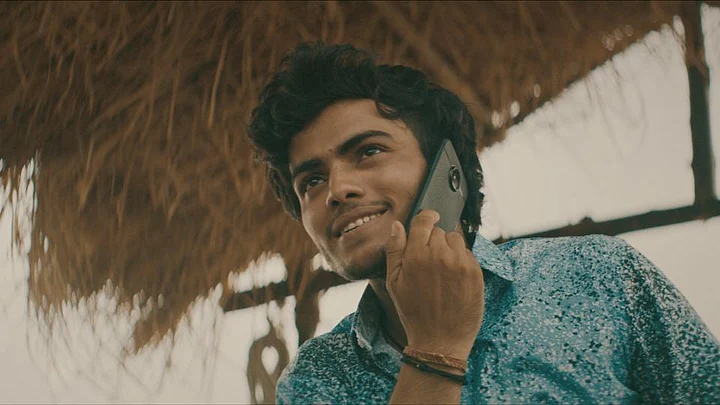What happens when the government, instead of providing education and jobs to the youth of the country, showers them with unlimited data as compensation? Some get on social media platforms such as Twitter and Facebook to unleash lies and hate, others get brainwashed by political parties and yet smarter ones marry their unused grey cells and technology to hit back at those with privilege.
Set in the sleepy town of Jamtara in Jharkhand, Netflix India’s latest original, Jamtara – Sabka Number Ayega, craftily explores phishing, a scam through which people pose as reputed companies to extract personal information like passwords and credit card details from unsuspecting victims. The town itself has been a hotbed of digital crime and the 10-part show draws from true events.
The series opens with a group of “chauthi fail” youngsters impersonating as bank officials and offering people lucrative deals to get their hands on card details and OTPs.
The ‘victims’ they con range from a school teacher to even corporate officials and journalists. When not conning, they resort to drinking and harassing women on the streets, all the while remaining the apple of the eye of their mothers.
The whole nexus is led by two cousins, Sunny and Rocky. As bountiful sums land on their laps, their greed crosses boundaries. And when money is involved, can politics be far behind?
Local politician Brajesh Bhan (Amit Sial) has an eagle eye on their flourishing business and he too wants his share of the pie. However, there’s a roadblock - the morally upright Superintendent of Police, Dolly Sahu (Aksha Pardasany). She pledges to put an end to the phishing scam, but Brajesh is a step ahead. He asks the ‘gang’ to join hands with him, promising to ‘protect’ them from the police when the need arises. While Rocky is ready to barter his soul, Sunny has other plans. This leads to a rift between the duo.
From the rustic crime drama to infighting, Jamtara has a lot of resemblance to Anurag Kashyap’s films and also the hugely inferior Mirzapur. Not only does it explore ways in which the crime is committed, but the series also exposes the naked reality of class and caste in our country. The boys only target the rich, therefore emphasising the vast class divide that exists in our country. Also, when Gudiya (Monika Panwar), Sunny’s ‘colleague’, tells her mother that she wants to marry him, the immediate reaction is that of shock and despair.
Some applause-worthy performances by all the newcomers lift the otherwise distressingly simple writing.
Sparsh Srivastav plays the ambitious Sunny with ease. He doesn’t hesitate to con people, dreams about making a lot of money and is not scared of power. On the other hand, Anshumaan Pushkar is impressive as Rocky. He is short-tempered, manipulative and vengeful. However, the women in the series take away the cake. Both Aksha and Monika fight patriarchy in their own ways. Dolly is on a mission to take on the system, but hurdles seem to follow her at every step. She is brave, determined and fearless. Monika, on the other hand, fights the powerful Brajesh Bhan with a heart of steel.
Soumendra Padhi’s camerawork adds to the tension in the narrative. The unpolished and rugged scenario is enhanced by the yellowish tinge.
But ‘Jamtara’ suffers when it comes to staying true to the place.
Replete with expletives, the language seems distant from what is spoken in the place. The town shares its borders with Bengal, and the dialect has Bengali and Santhali influences, but that seems to be missing in the series.
Had the narrative been more layered, Jamtara would have been a huge feather in the cap for Netflix, which has churned out disappointing originals such as Chopsticks, Drive, Ghost Stories etc. But it definitely is a relief to see that the digital platform is trying to make up for its big budget failures.
(At The Quint, we question everything. Play an active role in shaping our journalism by becoming a member today.)
